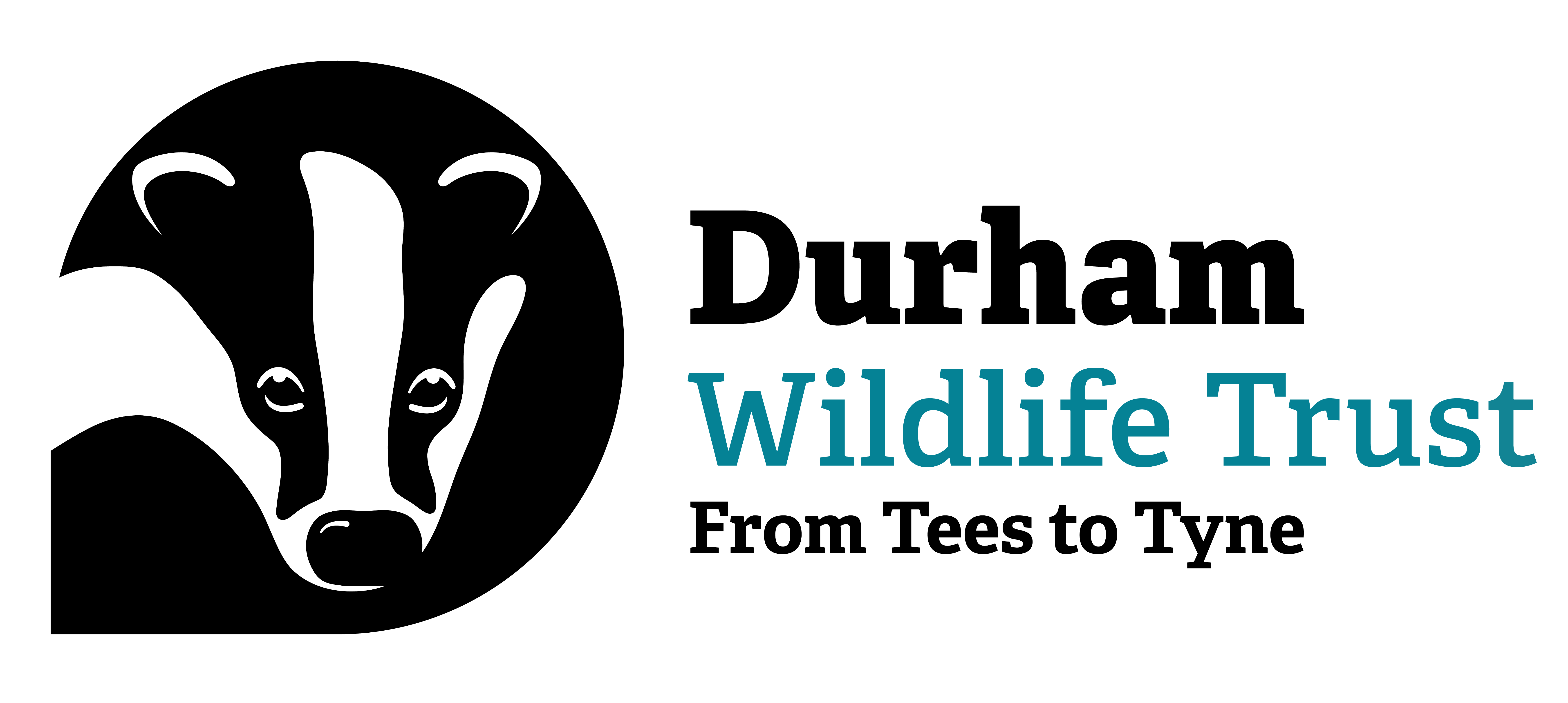The link between the climate and ecological crises
As Head of Operations and Development it is my job to make sure that Durham Wildlife Trust is the most efficient organisation that it can be. Obviously our commitment to reversing the ecological crisis is clear and many of the things we do work towards addressing this. But how does this work to address the climate crisis and how can addressing this make us more efficient?
The climate crisis is a similar challenge to the ecological crisis, but the solutions can sometimes look very different. Addressing climate change can feel like a huge and daunting job so the Trust needed a plan as to how we were going to play our part in addressing it.

